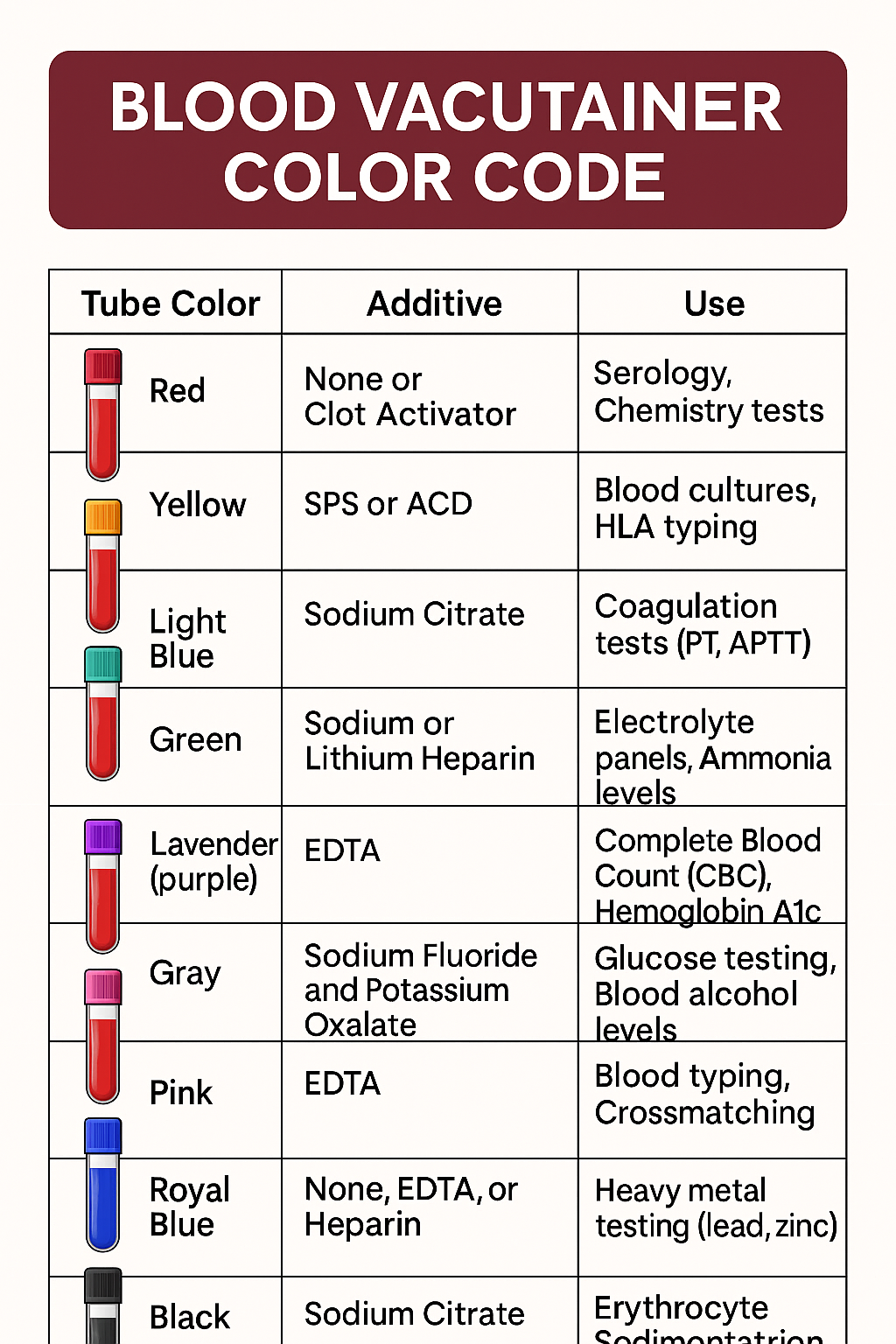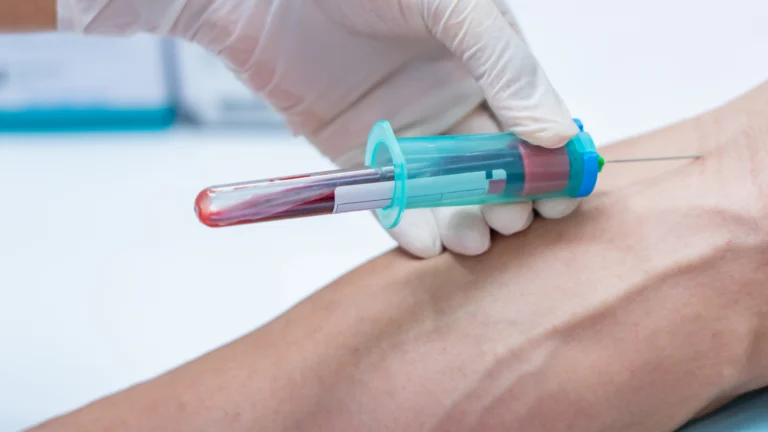Role of Phlebotomy Course Healthcare assistants in General practice
Healthcare assistants (HCAs) have emerged as a workforce whose area of work covers the domain of completing administrative and clinical tasks in clinics, hospitals, and other healthcare facilities. The term ‘healthcare assistant’ brings under it a range of many specialist nouns concerning the healthcare industry.
Like, if a person gets a certification in a phlebotomy course, then he is to be called a phlebotomist HCA. Phlebotomist’s are specialist clinical nurses who specialize in the practice of venipuncture, i.e., making an incision in a vein to draw blood for medical testing, donations, or research work.
Similarly, there is an array of other specialists HCAs who look after different departments in a medical facility like radiographers, perfusionists, paramedics, etc.
Training and Supervision
Once an HCA is posted on the field, he needs to undertake the tasks in the best alignment to his competencies, as is expected from a qualified medical assistant. That is why the training programs for HCA’s needs to be conducted in a formal setting without the possibility of any error. Say, a person has done a phlebotomy course from a prestigious institute, but he lacks the necessary skill set to perform adequately in a medical exigency, then his certification is of no use. Institutes that impart specialist medical certifications have to be realistic and research-oriented so that any challenging situation is met with utmost precision and accuracy by the practitioner.
Most HCA’s have post secondary education, while others engage in the occupation after a high school diploma. However, the role of HCA’s has now extended from the domain of traditional nursing. A phlebotomist, who is a specialist nurse, has a professional identity based on holistic and patient-centered care. The professional identity that the phlebotomist claims is garlanded onto him during the training and competence in the phlebotomy course.
Patient experience
A phlebotomist is a link between the medical laboratory and the manager and plays an important in medical facilities. Clinics and hospitals prefer individuals who have done a phlebotomy course after passing a national level examination over those who have gained experience in in-job training.
Healthcare assistants are much sought after in hospital settings by the patients than the busy doctor who fidgets from patient to patient and is employed in supervision and medical diagnosis. Almost every medical diagnosis relies on the blood test reports and the phlebotomist’s provide the necessary expertise in this area. A patient’s comfort and care is what makes the hospital setting reliable, and an incision is not something that is to be experimented with during medical diagnosis. Phlebotomy course has evolved as one of the leading certification course that prepares a practitioner for the necessary level of competencies in the area of venipuncture.
What is covered in the Phlebotomy Course?
Phlebotomist come under the domain of HCAs and is an excellent career option for almost anyone with secondary education. The intensive training period encompasses both theoretical and practical training. Phlebotomy course usually lasts for between four to eight months. If someone is doing a general medical assistant course, then the phlebotomy section may be covered in one of the semesters. But, the demand for phlebotomist’s who have specifically attained certification in a phlebotomy course is very high.
As a phlebotomist, you will learn
Health sciences and medical terminologies.
Lab safety procedures.
Human anatomy and
Different venipuncture techniques.
It will not be at all pleasing if a non-specialist HCA pierces through the wrong artery or vein. So, it is something more than just drawing out blood. A phlebotomist is aware of the different types of syringes and equipment’s, and knows about the human circulatory system. A phlebotomy course covers all these aspects and prepares an individual as a specialist HCA.




